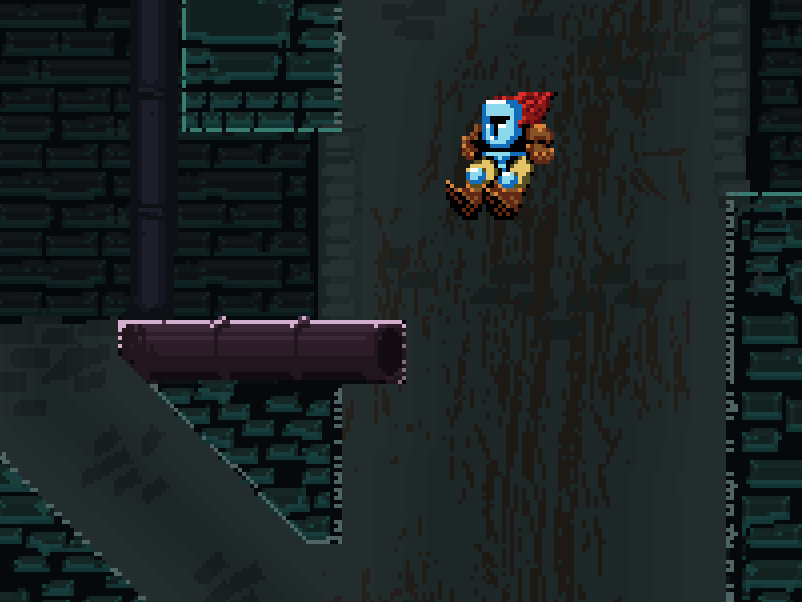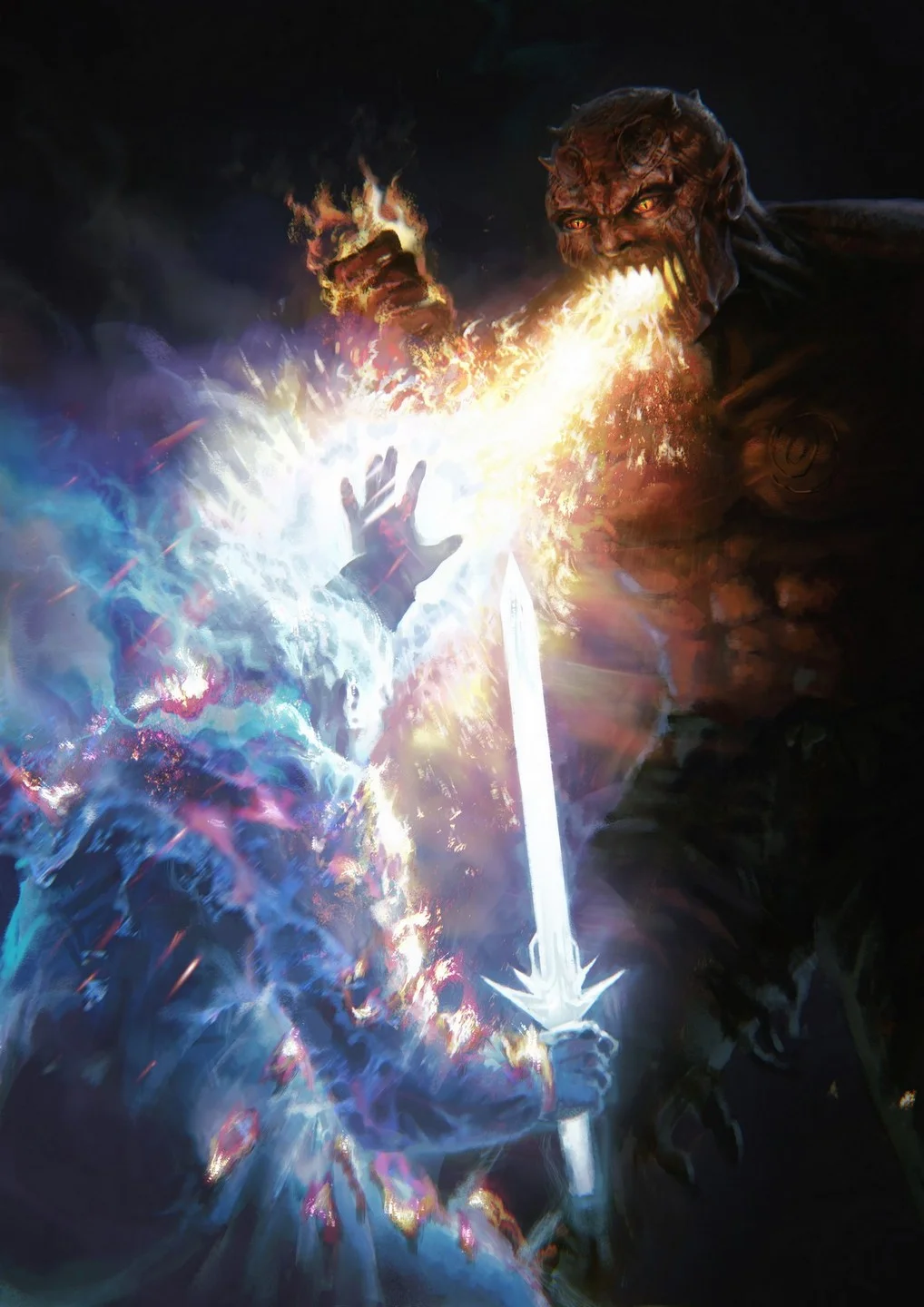I’ve often heard that humans are between heaven and hell. I’ve definitely experienced this myself, as I careen between feeling above all the regular nonsense of life, tapped into something cosmic, and then bitterly depressed and painfully limited the next.
In my last blog post, I wrote about fantasy— the fantasy of ultimate purpose, specifically. I’d like to continue to write more about fantasy, as that post was the first I’ve talked about an issue I know I struggle with, which is that of fantasizing.
In Women Who Run With the Wolves, Clarissa Pinkola Estés uses the classic tale of The Little Match Girl to illuminate the danger of fantasy:
“When a woman is frozen of feeling, when she can no longer feel herself, when her blood, her passion, no longer reach the extremities of her psyche, when she is desperate; then a fantasy life is far more pleasurable than anything else she can set her sights upon. Her little match lights, because they have no wood to burn, instead burn up the psyche as though it were a big dry log. The psyche begins to play tricks on itself; it lives now in the fantasy fire of all yearning fulfilled. This kind of fantasizing is like a lie: If you tell it often enough, you begin to believe it.”
Her point here is well-taken. It’s a spoonful of medicine that I needed to take straight and black, no sugar, no cream.
I woke up at 29 to a creeping terror, one that I could only describe to someone as the feeling of being on an edge and needing to jump to this moving platform in order to continue on my journey, and knowing that if I don’t make it I will have to wait a very very long time for the next one to arrive, but being terrified that I couldn’t make it. Stuck between fear of losing this opportunity and fear of failing and falling into the abyss below, neither in the comfortable hell of being stuck in my old place or in the forward place, just drowning in an endless purgatory, never able to climb back up again.
I thank God that I was able to honest enough with myself about what was causing it: the recognition that I was almost 30 and had achieved so little of what I had always dreamed of and thought would be so close within reach— writing a book. During these times, I had to continually deal with intense fear at the pit of my stomach and recognize it as a warning sign— if I felt this afraid of a regretful and unfilled life now, it was only going to get worse the longer I waited. I knew that it didn’t matter what I did to ignore it, I would always be haunted by the possibility of who I could be while being mentally trapped in my limitations. Internalizing that reality, of my disappointment and regret, was needed.
If I was to have any chance at even feeling a little better about myself, I knew that I had to start trying now, even if I felt inadequate and terrified and so far away from what I had imagined.
But how to change it? One huge thing for me was recognizing how much I fantasize. I’m a Four on the Enneagram, which is an incredible personality system, and alot of their addictions and struggles have to do with fantasizing.
Enneagram Four’s are pretty in tune with their imagination and the deeper, spiritual aspects of life and that’s amazing— they can be profound artists, not just in the typical way, but in just even creating a piece of art from their life, in creating rich meaning where most people would just see a failure or nothing at all. But fantasizing is the flip side of this— Enneagram Four’s tend to be so ashamed of their real selves that they fantasize to escape their feelings of inadequacy and insignificance.
“Fours in addiction recovery long for something unseen that they can’t put words on, that if discovered would allow them to know themselves and to feel comfortable in their own skin...This frustrated “longing” [can morph] into self-indulgent sensuality, hopelessness, and to extreme emotional outbursts that insult and alienate others. Torn between total despair and fantasizing a tremendous resurrection, they are storm-tossed, emotions swinging back and forth in tidal waves. Their innate creative capacity is side-tracked by their dramatic displays of hypersensitivity and elitism, and lives like a ghost in their fantasy world where real action to land their creativity often cannot occur. ”
Winter Landscape by Caspar David Friedrich, 1811
I didn’t even necessarily recognize it as an addiction for a while. It’s tricky because my fantasizing usually has to do around spirituality. I fantasize about being enlightened, tapped in, tuned in, achieving inner piece and tranquility, writing works of art that illuminate the divine. I get into a new idea or have these long daydreams, and then I crash shortly after.
At first, I just thought I was learning a new idea and then just being frustrated by not reaching it. This is true, but there’s something else going on that took me 3 years of actively thinking about the possibility of fantasy being an issue in my life to recognize how it works and why it’s an addiction.
Now 3 years later, I can see more clearly than ever that the down days are like a comedown from a high, and that when I fantasize I honestly get a high off of it, I get a rush, and that rush makes me feel so good that I keep coming back to it regularly. I need it. If I don’t have some kind of a spiritual idea to hang onto, I look for one that gives me something to work with.
I’m not saying it’s wrong to be spiritually curious. But I am saying it’s not good to use it for a high. The problem ultimately is that I get too knocked up by these feelings and the fantasy of creativity to actually stick through reality and create something.
And so, coming back to humans being between heaven and hell, I see that with my fantasizing. I can reach such high levels, transcending so much of my current situation, but I can’t escape my human nature, my animal body with its limitations and its subjection to the consistent and steady forward pace of time, so I come crashing back down, too.
The only way I can see through it is to stay between heaven and hell in the sense that I must develop my capacity to take actions that I believe in while feeling flawed— to be an imperfect warrior.
In particular, I have to also let go of the fantasy of perfect creation, and begin to engage with the reality of creation. That’s why I’m here, trying to write however I can, believing that if I just develop the capacity to write no matter what, I’m winning.
At the end of the day, what I truly desire is to be in touch with the mystery, the unknown, to feel myself deeply. And that means feeling all the icky parts, but if I get past giving up because of that, I access a fire, a courage, something deeper inside. As Michael Naylor puts it:
“As you discipline yourself and refuse to not be taken by the distraction of your changing feelings or the voice of your Inner Critic, you will see that these cycles of emotional/mental distraction arise and fall over and over again, and will begin to quiet as you stick with your work....You ride out the cycles and you don’t leave the playing field of your desired self-expression, and something substantial will begin to form inside you. You continue with your work, no matter what self-doubt or mood-change tries to pull you away, and emotional equanimity will arise. You quietly say “no” to these temptations...You become a warrior...As you stay focused you learn the powerful lesson that who you truly are is deeper and much richer than these transitory states.””
So today, I repeat the questions I left you with previously:
How are you fantasizing about your life as a creative?
How does trying to achieve the fantasy affect your actual relationship with your creativity?







